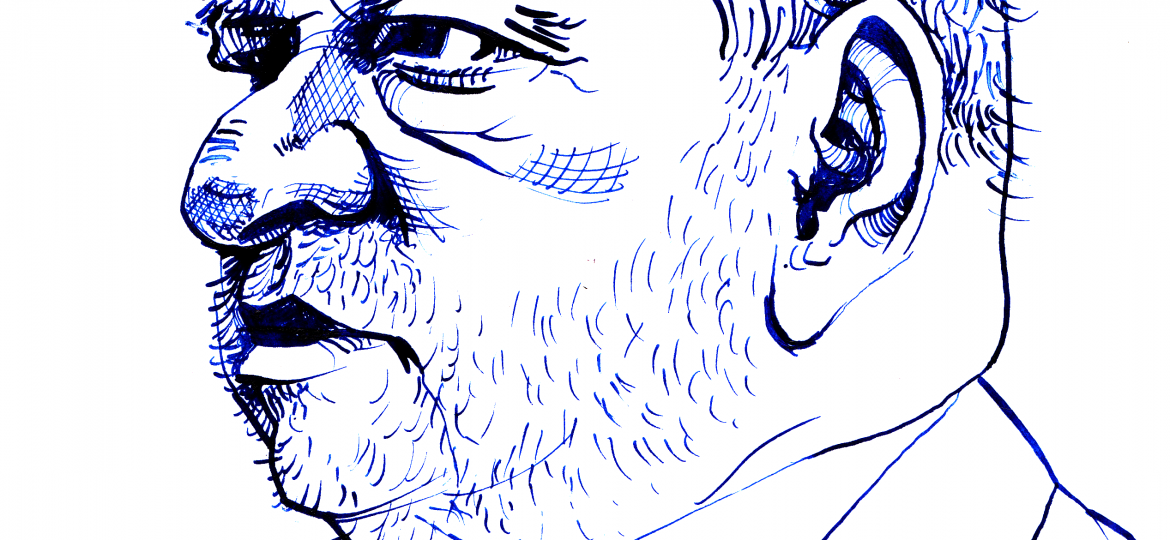
While most of us have heard the name of director Harvey Weinstein and probably have an opinion about him, I’ve found that it’s really hard to get to the bottom of what is actually happening.
For context, on October 5, 2017, the New York Times broke the story that after talking to survivors, Weinstein had been sexually assaulting women for decades without consequence. Over the next years, more women — ranging from assistants to famous actresses — stepped forward with their own stories. Although there were official charges filed against him in the U.K. and U.S., he was not actually on trial for all of these accusations.
On February 24, 2020, a New York jury found Weinstein guilty of a criminal sexual act in the first-degree and third-degree rape. He was acquitted of another charge of first-degree rape and two counts of predatory sexual assault. On March 11, Harvey Weinstein was sentenced to 23 years in prison. Now that we’re all on the same page, let’s dig into it a little more.
For the women he assaulted, I think this is justice, especially for former production assistant Mimi Haleyi and ex-actress Jessica Mann, the two women directly involved with this case. Here is a powerful man in the film industry who is no longer untouchable, as he has been for so long. At the same time, is it enough? I would have to imagine that for the other women he assaulted, women whose trauma can no longer be prosecuted under the statute of limitations, this is bittersweet.
It brings into question our justice system. Having two women’s voices recognized gets him a 23 year sentence, but all these other voices cannot even bring their cases forward because they are too old. It’s murky to say the least. It’s something to be celebrated for these women, that even though their cases cannot be brought to trial, they can still see their assailant imprisoned.
I think for women in general, this is a tricky one too. Women will have very different responses to the news on individual levels. I’m sure women like Weinstein’s lawyer, Donna Rotunno, are shocked by the verdict. In an interview with the New York Times’ The Daily podcast, she said she was frustrated that people were using past allegations that could not be proven, such as two alleged sexual assaults from 1993, which were too old to prosecute under New York law. She said he is on trial for these two acts only, committed against Haleyi and Mann, and that there was no proof that he had done either. Anything outside of those two cases was irrelevant. She was frustrated that he had already been tried and accused in the court of public opinion, regardless of the jury’s decision. I’m sure other women will agree with her. Then there will be those that celebrate this as a triumph.
The Weinstein allegations are what gave birth to the #MeToo movement, which has given voice to many women in the film industry and beyond over the past few years. For women, regardless of their opinion, this sentencing means that should they ever be sexually assaulted and choose to press charges, even against a powerful man such as Weinstein, there is now a precedent for them winning the case regardless of whether they agree or not. That door is now pushed a little further open, and that can only be a good thing. It means that people who have historically been silenced or disenfranchised by the courts can now start reclaiming their voice.
I do sometimes question the cancel culture nature of public opinion outside of the court system. I worry sometimes at all-or-nothing decisions or calls of judgement made without data. I also think it raises an interesting question: Should a person be defined by the worst thing they’ve ever done? And in the case of Harvey Weinstien, I think it makes perfect sense that he is. He engaged in terrifying and manipulative acts of sexual assault and rape multiple times throughout the years.
But it worries me when we start to blanket over the nuances of a situation in a tweet or a photo caption. And I worry sometimes that while it’s in my mind, a much needed and important movement, that #MeToo, as a social media movement, can have the tendency to do just that if we’re not careful.
Let me just reiterate that: I believe Harvey Weinstein was wrong and his acts horrendous. I believe that #MeToo is a powerful and important movement. I don’t think the Weinstein case lacked data or information. I do think that when a complicated and messy situation is reduced to a tweet, as is sometimes the case in a #MeToo age, that can be problematic.
hawtho1@stolaf.edu

